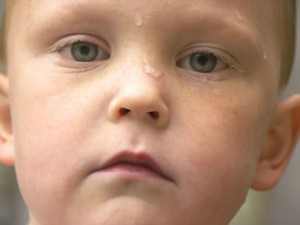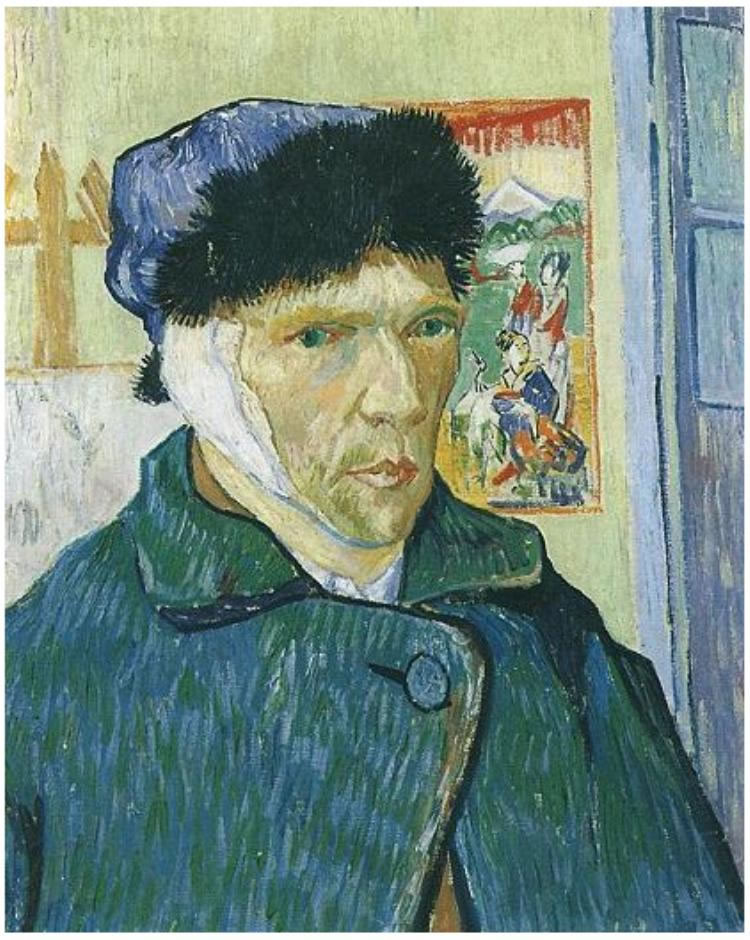It is difficult to imagine a depressed third-grader. It is even more difficult to imagine a depressed preschooler. Although childhood depression is a well-recognized and treated disorder, only recently have research studies begun looking at depression in children younger than six years old. In the new Current Directions in Psychological Science, a journal of the Association for Psychological Science, child psychiatrist/researcher Joan Luby from Washington University in St. Louis reports on recent findings examining depression in preschool-age children and the importance of early detection. [continue reading…]
May 2010
When people are under chronic stress, they tend to smoke, drink, use drugs and overeat to help cope with stress. These behaviors trigger a biological cascade that helps prevent depression, but they also contribute to a host of physical problems that eventually contribute to early death. [continue reading…]
This study formulates the hypothesis that rufinamide, a drug so far used against epilepsy, may also be effective in bipolar disorder, depressive and anxiety disorders, panic disorder and obsessive-compulsive disorder, eating disorders, and substance use disorders. It is just an hypothesis based on two cases that needs to be confirmed by specific studies. [continue reading…]
New research shows a possible explanation for the link between mental health and creativity. By studying receptors in the brain, researchers at Karolinska Institutet have managed to show that the dopamine system in healthy, highly creative people is similar in some respects to that seen in people with schizophrenia. [continue reading…]


